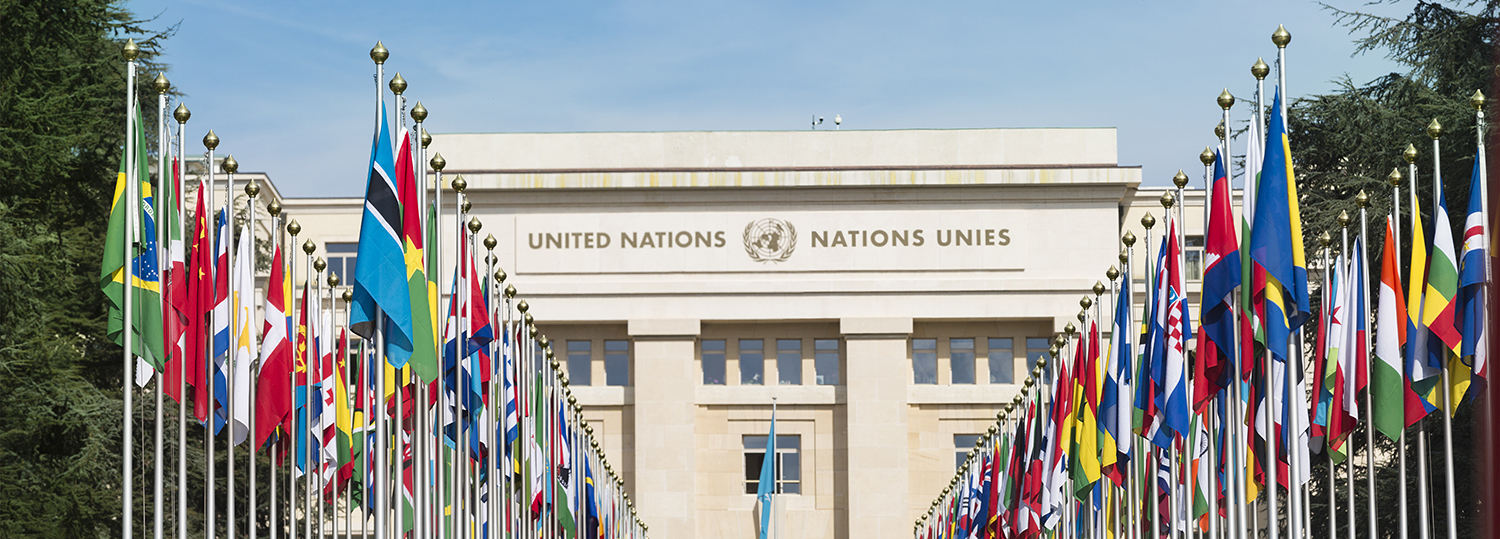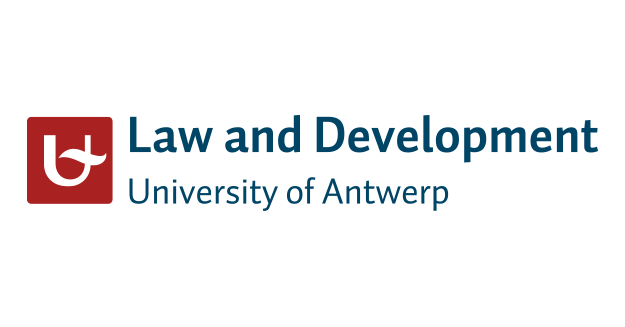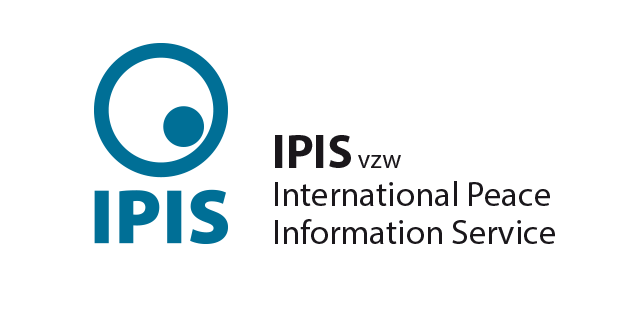2 Lignes directrices relatives aux organisations et aux droits de l'homme
Où puis-je trouver ces lignes directrices

Cette page contient deux types de sources. Tout d'abord, les sources explicitement mentionnées dans les pages précédentes ("quoi ?", "pourquoi ?" et "comment ?"), avec les hyperliens correspondants pour consultation ultérieure. Elles sont organisées par l'institution qui les a publiées. Ensuite, il y a une bibliographie consultée pour rédiger l'outil, qui peut être utile pour des recherches plus approfondies sur le sujet.
- Belgique
-
Plan d'action national belge entreprises de droits de l'homme (2017)
Responsabilité sociale des entreprises-Wallonie
Resposibilite social Bruxelles capital
Brochure sur les mécanismes de recours judiciaires et non judiciaires étatiques (FIDO/IFDD) (2017).
- Organisation des nations unies (ONU)
-
- Observations générales
- Lignes directrices générales
-
ONU : La responsabilité des entreprises de respecter les droits de l’homme Guide interprétatif (2012)
Guiding Principles on Human Rights Impact Assessments of Trade and Investment Agreements, (2011) (A/HRC/19/59/Add.5).
The UNGP for Responsible Contracts for State-Investor Contracts (2015) UN A/HRC/17/31/Add.3 - Protection des minorités par l' ONU
-
Déclaration des Nations Unies sur les Droits des peuples autochtones (2007)
The Declaration on the Rights of Persons Belonging to National or Ethnic, Religious and Linguistic Minorities General Assembly resolution 47/135 of 18/12/1992 - Global Compact de l'ONU
-
UN Global Compact’s Ten Principles (1999)
The Principles for Responsible Investment (PRI) initiative
Guide to Human Rights Impact Assessment and Management
Guide to Develop a Human Rights Policy (2015)
PRI and UN Global Compact: Guidance on Responsible Business in Conflict-Affected and High-Risk Areas (2010)
Shift, Oxfam and Global Compact Network Netherlands, “Doing Business with Respect for Human Rights: A Guidance Tool for Companies” 2016 And online version
Guide To Corporate Sustainability Shaping a Sustainable Future(2014)
- UNICEF
-
Principes Régissant les Entreprises dans le Domaine des Droits de l’enfant (UNICEF, UN Global Compact, Save the Children).
- CNUCED
- Organisation intérnationale du travail (OIT)
-
Déclaration de principes tripartite sur les entreprises multinationales et la politique sociale (1977, 2017)
Déclaration de l'OIT relative aux principes et droits fondamentaux au travail (1998)
Déclaration de l’OIT sur la justice sociale pour une mondialisation équitable (2008)
Pacte mondial pour l'emploi (2009)
- L'environnement et développement durable
-
La Déclaration de Rio sur l'environnement et le développement (1992)
Déclaration de la Conférence des Nations Unies sur l’environnement à Stockholm (1972)
Déclaration et Programme d’action de Beijing (1995)
Déclaration du Millénaire (2000)
Rio+20: L’avenir que nous voulons (2012)
Agenda 2030: Les objectifs de développement durable (ODD) (2015)
- Groupe de la Banque mondiale/ Société financière internationale (IFC)
- Le Comité international de la Croix-Rouge
-
Guidance on the rights and obligations of business enterprises under international humanitarian law (2006)
Toolkit for Addressing Security and Human Rights Challenges in Complex Environments ( 2014)
- Organisation de Coopération et de Développement Économiques (OCDE)
-
Principes directeurs de l'OCDE à l'intention des entreprises multinationales(2011)
- Conseil de l' Europe (CoE)
-
CoE/Greta (2016) Compendium of good practices on the implementation of the Convention on Action against Trafficking in Human Beings.
- Union européenne (UE)
-
Tips and Tricks for Advisors Corporate Social Responsibility for Small and Medium-Sized Enterprises (2013)
My business and human rights (2015)
The "EU anti-trafficking action 2012-2016”
The Guidelines for the identification of victims of trafficking in human beings
The EU rights of victims of trafficking in human beings
Series of Information sheets and fact sheets on the Environment policy areas
The Multi-Annual Work Programme (MAWP) 2017 – 2020 'Making the Environmental Liability Directive more fit for purpose'
- Lignes directrices non étatiques
-
Amnesty International’s Human Rights principles for companies
The Corporate Responsibility Instruments
Engaging the private sector to end human trafficking: a new resource guide for NGOs.
The Oxfam perspective on the UN Guiding Principles
“Doing Business with Respect for Human Rights: A Guidance Tool for Companies” www.businessrespecthumanrights.org
The International Trade Union Confederation, Industrial Global Union, UNI Global Union and the Clean Clothes Campaign: “The UN Guiding Principles on Business and Human Rights" and the human right of workers to form or join trade unions and to bargain collectively”.
International Bar Association on Business and Human Rights Guidelines 2016
- Références
-
- Addo, M. K. (2014). The reality of the United Nations guiding principles on business and human rights. Human Rights Law Review, 14(1), 133-147.
- Boyd, D. R. (2012). The constitutional right to a healthy environment. Environment: Science and Policy for Sustainable Development, 54(4), 3-15.
- Braithwaite J. (2011) “The essence of Responsive Regulation” UBC Law Review 44 Heinonline P 475-520.
- Chinkin, C. M. (1989). The challenge of soft law: development and change in international law. International & Comparative Law Quarterly, 38(4), 850-866.
- Commission on Transnational Corporations, Report on the Special Session (7-18 March and 9-21 May 1983). Official Records of the Economic and Social Council, 1983, Supplement No. 7 (E/1983/17/Rev. 1), Annex II. And United Nations Centre on Transnational Corporations (1986). The United Nations Code of Conduct on Transnational Corporations, Current Studies, Series A (New York: United Nations) United Nations publication sales No. E.86.II.A.15, (ST/CTC/SER.A/4), Annex I, pp.28-45
- Crawford, A. (2006). Networked governance and the post-regulatory state? Steering, rowing and anchoring the provision of policing and security. Theoretical criminology, 10(4), 449-479.
- De Schutter, O., Ramasastry, A., Taylor, M. B., & Thompson, R. C. (2012). Human Rights Due Diligence: The Role of States. Human Rights in Business. http://humanrightsinbusiness. eu/wp-content/uploads/2015/05/De-Schutter-et-al.-Human-Rights-Due-Diligence-The-Role-of-States. pdf.
- Fenwick, M., Van Uytsel, S., & Wrbka, S. (Eds.). (2014). Networked governance, transnational business and the law. Heidelberg: Springer.
- Guzman, A. T., & Meyer, T. L. (2010). International soft law. Journal of Legal Analysis, 2(1), 171-225.
- Kirton, J. J., & Trebilcock, M. J. (2017). Hard choices, soft law: Voluntary standards in global trade, environment and social governance. Routledge.
- Lizarazo Rodriguez, L. (2017). UNGP on business and human rights in Belgium: state-based judicial mechanisms and state-based nonjudicial grievance mechanisms, with special emphasis on the barriers to access to remedy measures.
- Nolan, J. (2013). The Corporate Responsibility to Respect Rights: Soft Law or Not Law?
- Ruggie, J. G. (2007). Business and human rights: the evolving international agenda. American Journal of International Law, 101(4), 819-840.
- Sauvant, K. P. (2015). The negotiations of the United Nations code of conduct on transnational corporations: experience and lessons learned. The Journal of World Investment & Trade, 16(1), 11-87.
- Shaffer, G., & Pollack, M. A. (2012). Hard and soft law: what have we learned?
- Teubner, G. (2011). Self-Constitutionalizing TNCs? On the Linkage of “Private” and “Public” Corporate Codes of Conduct. Indiana Journal of Global Legal Studies, 18(2), 617-638.
- Weissbrodt, D., & Kruger, M. (2003). Norms on the responsibilities of transnational corporations and other business enterprises with regard to human rights. American journal of international law, 97(4), 901-922.




